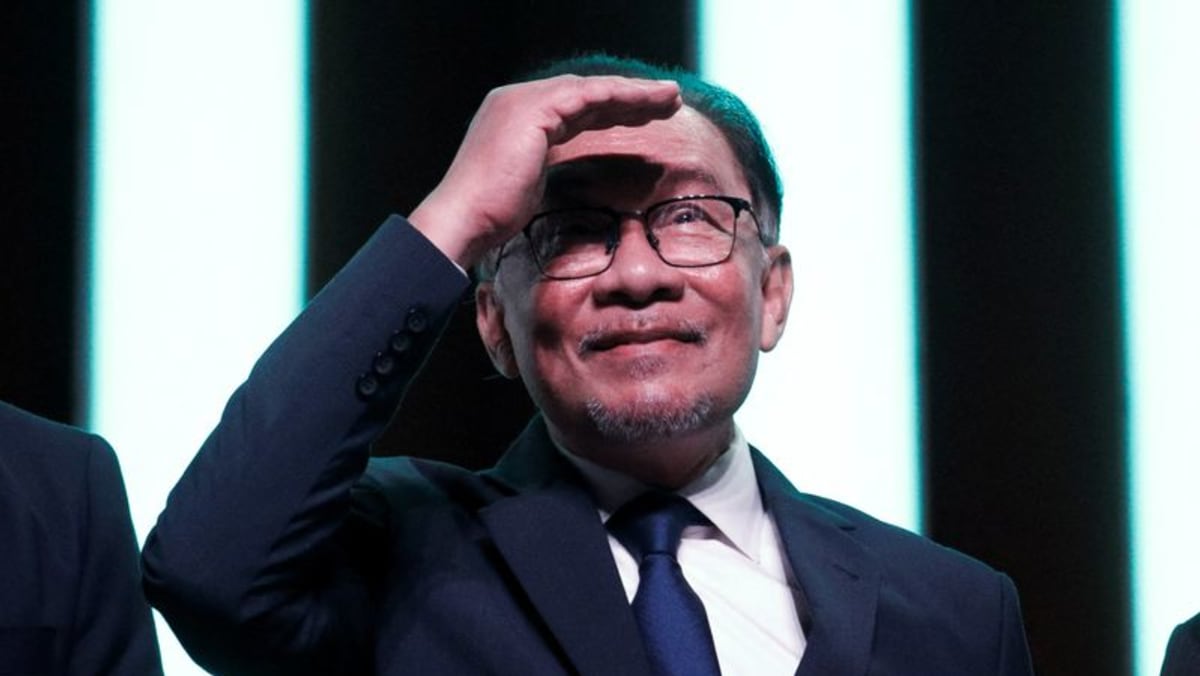
Mr Anwar, who is also the finance minister, noted that to realise the target, Malaysia must develop greater economic integration with its neighbours, especially with the world facing supply chain disruption.
“Hence, we need to create more highly competitive local companies to penetrate the ASEAN (Association of Southeast Asian Nations) market,” he was quoted as saying by Bernama.
He added that the government’s efforts must go beyond free trade agreements.
“For example, trade diplomacy and strategic arrangements can expand bilateral and multilateral market integration and facilitate the movement of goods, capital, human capital, and technology sharing with neighbouring countries,” he reportedly said.
According to The Star, Mr Anwar also said that the Madani Economy narrative aims to empower the government, non-governmental organisations (NGOs), the private sector and Malaysians.
“Beginning now, all ministries will announce specific plans to strengthen the Madani Economy narrative,” he said.
“We are all aware of the nation’s present debt situation. If there are no reforms, we will be facing a very serious crisis that could affect the country’s structure,” he reportedly said.
Mr Anwar previously said during his address at the 2023 Budget Dialogue in January that Malaysia’s national debt had reached RM1.5 trillion (US$350 billion).
In 2018, then-prime minister Mahathir Mohamad revealed that the country was saddled with more than RM1 trillion in debt following the opposition coalition’s win in the 2018 General Election. Dr Mahathir then blamed the previous government led by former protege Najib Razak on the issue.
And just last year, then-finance minister Tengku Zafrul Abdul Aziz said that the country’s debt stood at RM1.045 trillion at the end of June 2022. This corresponds with 63.8 per cent of Malaysia’s gross domestic product (GDP) then.
Meanwhile, Mr Anwar said on Thursday that tax revenue alone is insufficient to sustain operational costs, adding that Malaysia needs a more targeted subsidy mechanism.
“Tax revenue on the GDP has reduced to about 12 per cent of GDP, which is the lowest in (the region).
“We have also spent a lot on various subsidies and it has benefitted those who are not in the target groups … We need a more efficient targeted subsidy mechanism so that our limited revenue can be spent on those who really need it,” he was quoted as saying by The Star.
According to Bernama, besides positioning Malaysia as a top 30 major economy, the Madani Economy framework also sets six other medium-term benchmarks to be achieved within 10 years.
Mr Anwar said that these include being in the top 12 of the Global Competitiveness Index, top 25 in the Human Development Index, top 25 best score in the Corruption Perception Index and attaining fiscal sustainability with a fiscal deficit of three per cent or less.
The framework also aims to raise women’s participation in the workforce to 60 per cent and for employees’ compensation to reach 45 per cent of the GDP.

